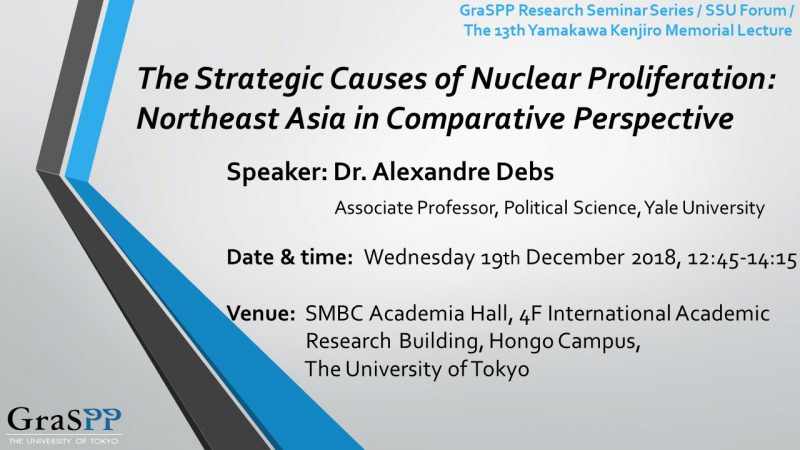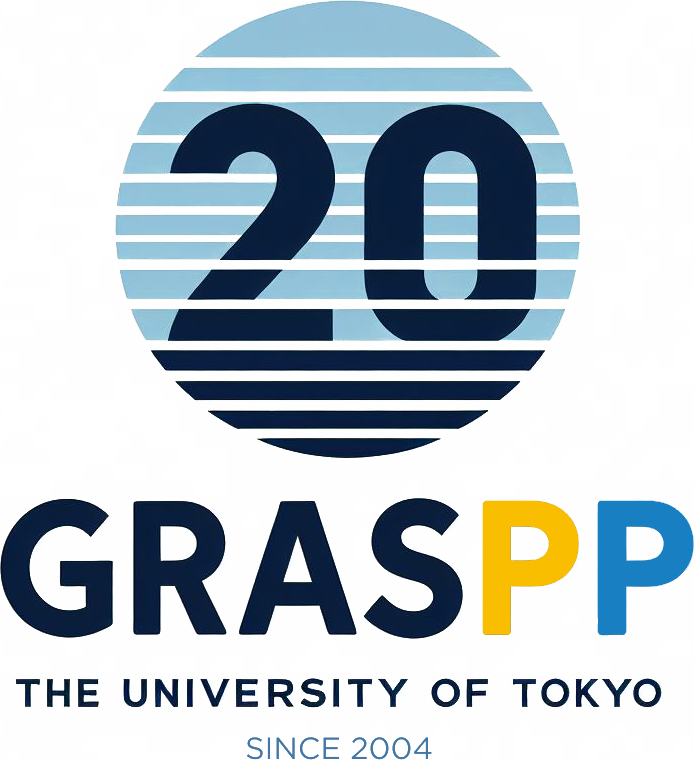
This presentation introduces a strategic framework to understand the causes of proliferation, and the effectiveness of counterproliferation tools, placing Northeast Asia in comparative perspective. Acquiring nuclear weapons takes time and effort. Before a nuclear-weapons program comes to fruition, adversaries and allies may offer threats and assurances to prevent proliferation. The stronger is a potential proliferator, the more likely it is to succeed in its attempt to acquire nuclear weapons. Threats are most effective against weak potential proliferators, and assurances are most expedient when offered to strong potential proliferators. In Northeast Asia, threats of preventive war have been ineffective in preventing North Korea from acquiring nuclear weapons, given its ability to inflict severe damage on Seoul. Assurances have been crucial in getting South Korea and Japan to forgo nuclear weapons. Looking ahead, a coercive approach toward North Korea is unlikely to be effective, and questions about assurances offered to South Korea and Japan risk spurring their proliferation.
Date: Wednesday, December 19 2018, 12:45-14:15
Venue: SMBC Academia Hall, 4F International Academic Research Building,
The University of Tokyo (MAP)
Speaker: Dr. Alexandre Debs, Associate Professor, Political Science, Yale University
Comentator: Dr. Shuhei Kurizaki, Associate Professor, Faculty of Political Science and Economics, Waseda University
Moderator: Dr. Nobuhiro Hiwatari, Professor, Political Science Institute of Social Sciences, The University of Tokyo
Language: English
Registration: Needed. Please register from here.
Co-hosted by:
Security Studies Unit, Policy Alternatives Research Institute, the University of Tokyo
The Whitney and Betty MacMillan Center for International and Area Studies at Yale
FUTI (Friends of UTokyo, Inc.)
GraSPP Research Seminar, the University of Tokyo


